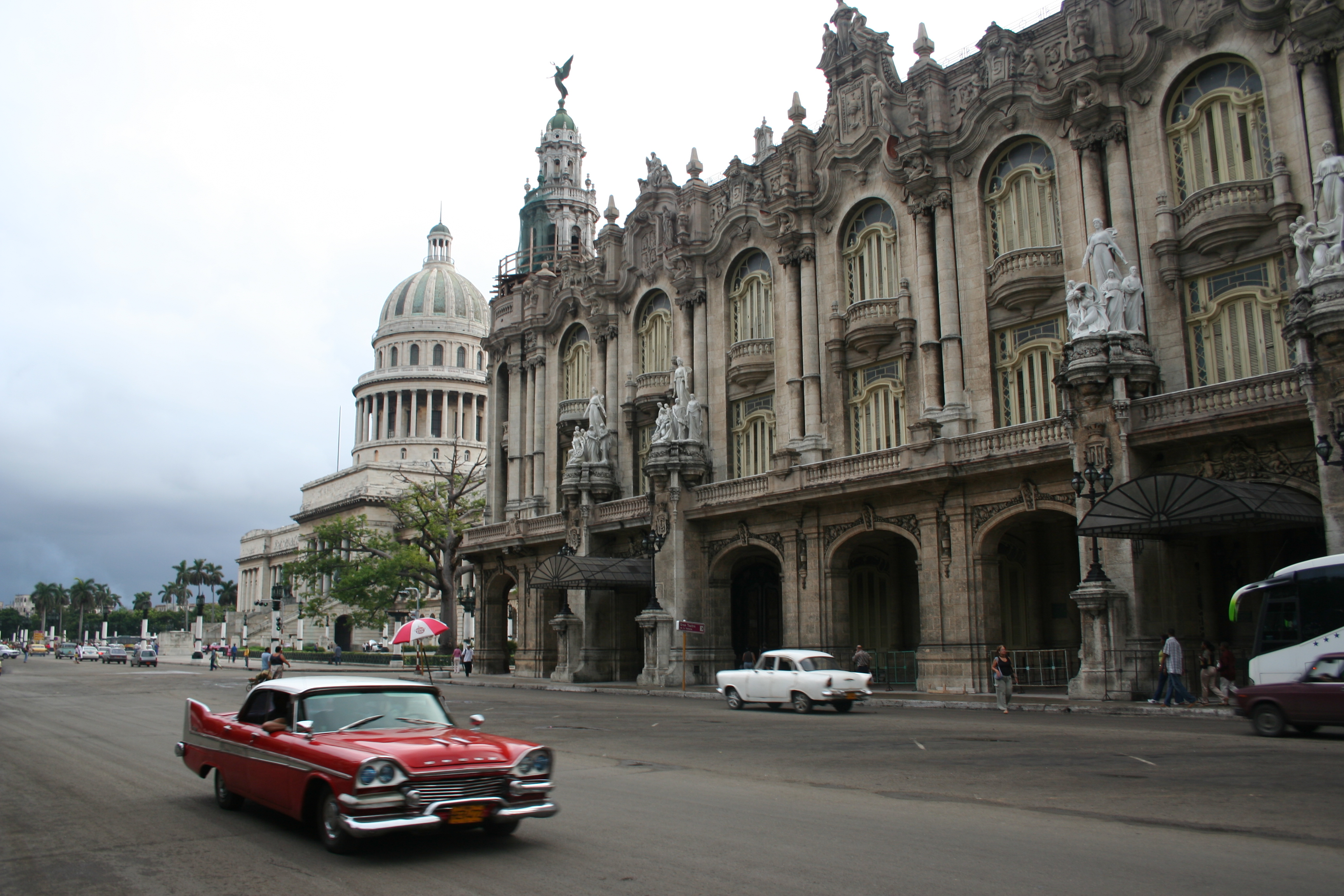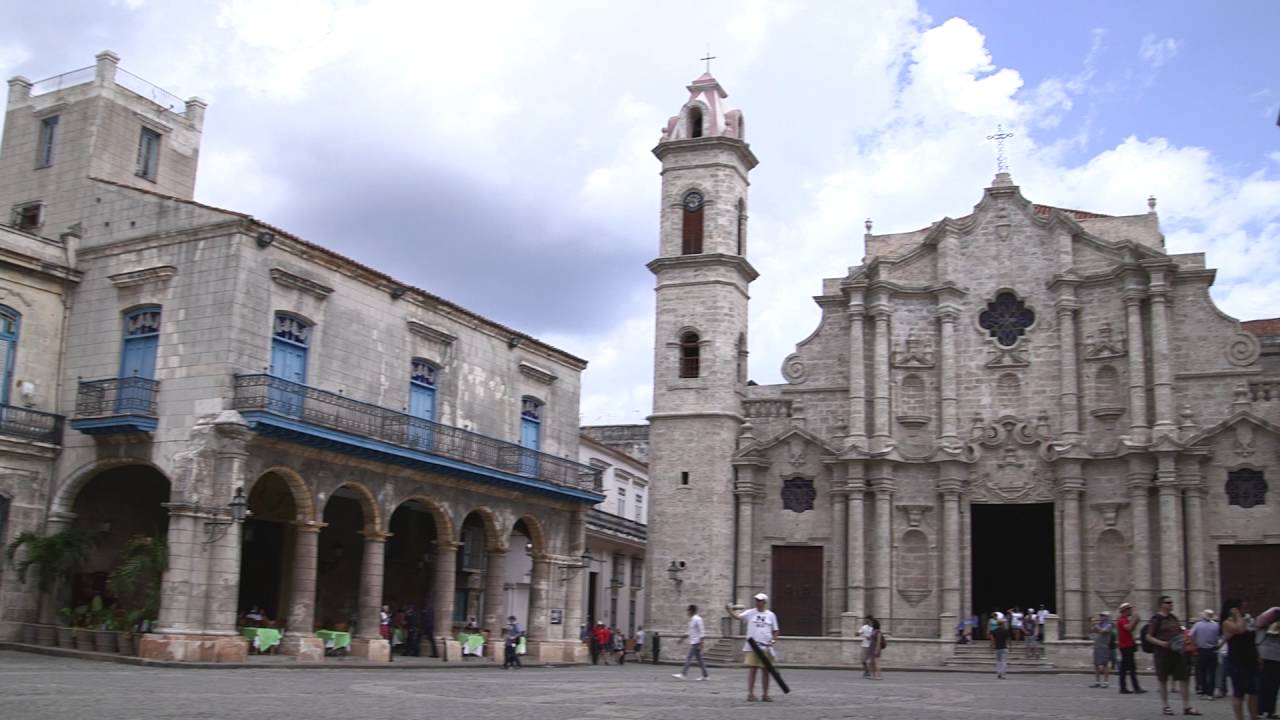Cultural Immersion Experiences In Cuba - Discovering The Soul Beyond The Surface
Cultural immersion experiences in Cuba are an opportunity to go beyond the typical tourist destinations and connect with the people and traditions that make this country so special.
Author:James PierceReviewer:Iram MartinsMay 17, 20234 Shares418 Views

Cuba is a vibrant and unique country with a rich history and culture. From its music and dance to its food and art, Cuba offers a wealth of experiences for travelers looking to immerse themselves in its culture.
Cultural immersion experiences in Cubaare an opportunity to go beyond the typical tourist destinations and connect with the people and traditions that make this country so special.
In this guide, we will explore some of the best cultural immersion experiences in Cuba and how you can make the most of your trip to this fascinating country.
Top Cultural Immersion Experiences In Cuba
Salsa Dancing
One of the most iconic images associated with Cuba is that of the salsa dancer. Salsa is a dance style that has its roots in Cuba, and it is an integral part of the country's cultural heritage.
Taking salsa lessons is a great way to immerse yourself in Cuban culture, and it's an experience that can be enjoyed by people of all ages and abilities.
There are plenty of dance schools and studios throughout the country, and many of them offer lessons that are tailored to tourists.
Tobacco Farm Visits
Cuba is famous for its tobacco production, and visiting a tobacco farm is a unique cultural experience that is not to be missed.
Visitors can witness the entire process of tobacco production, from planting the seedlings to harvesting the leaves, and they can even try their hand at rolling their own cigars.
It's a fascinating way to learn about the history and culture of Cuba, and to gain an appreciation for the hard work and craftsmanship that goes into producing these world-renowned cigars.
Afro-Cuban Religion
Cuba has a rich Afro-Cuban heritage, which is reflected in its music, dance, and religion. Santeria is a popular religion in Cuba that has its roots in West Africa and was brought over by the slaves.
Visitors can visit a Santeria temple and learn about the beliefs and practices of this fascinating religion. It's a great way to gain a deeper understanding of the cultural heritage of Cuba, and to connect with the spiritual side of the country.

Cuba: Discovering Its People and Culture
Classic Car Tours
One of the most iconic images associated with Cuba is that of the classic American cars that can be found on the streets.
These cars date back to the 1950s and earlier, and they are a testament to the resourcefulness and ingenuity of the Cuban people.
Taking a classic car tour is a great way to explore the country, and it's an experience that is sure to be remembered.
Many of these tours can be customized to suit the interests of the travelers, whether that's visiting historic sites, exploring the countryside, or simply cruising through the city streets.
Cuban Cuisine
Cuban cuisine is a blend of African, Spanish, and Caribbean influences, and it's an integral part of the country's cultural heritage.
Visitors can take cooking classes and learn how to make traditional Cuban dishes like arroz con pollo (chicken and rice), ropa vieja (shredded beef), and flan (a caramel custard dessert).
Food is a great way to connect with a country's culture, and there's no better way to experience the flavors of Cuba than by sampling its cuisine.
Sustainable Tourism And Responsible Travel
Sustainable tourism and responsible travel have become increasingly important topics in the travel industry, and Cuba is no exception.
As a country with a rich cultural heritage and natural beauty, it is important to ensure that tourism is sustainable and that visitors are respectful of local traditions and the environment.
One way to practice sustainable tourism in Cuba is to support local businesses and initiatives. This can include staying in locally owned accommodations, dining at family-owned restaurants, and purchasing handmade goods from local artisans.
By doing so, visitors can contribute directly to the local economy and support the preservation of cultural traditions.
Responsible travel in Cuba also means being mindful of the environment. The island is home to many unique ecosystems and endangered species, and visitors should take care to minimize their impact on the environment.
This can include using environmentally friendly products, reducing plastic waste, and practicing Leave No Trace principles when hiking or exploring nature.
Additionally, visitors should be respectful of local customs and traditions. Cuba has a rich cultural heritage, and visitors should take the time to learn about the country’s history, music, art, and cuisine.
It is important to remember that Cuba is a sovereign nation with its own unique customs and values, and visitors should be mindful of this when interacting with locals.
By practicing sustainable tourism and responsible travel, visitors can help ensure that Cuba’s cultural and natural resources are preserved for generations to come.
Practical Tips For Cultural Immersion In Cuba
Cuba is a fascinating destination that offers visitors the opportunity to immerse themselves in a unique culture and history.
From the colorful streets of Havana to the rolling countryside and pristine beaches, there's something for everyone in Cuba.
If you're planning a cultural immersion trip to Cuba, here are some practical tips to make the most of your experience.
Learn Some Spanish
While many Cubans speak at least some English, knowing some Spanish will make it much easier to communicate and connect with locals.
Consider taking a language course before your trip, or at the very least, learn some basic phrases like greetings, please and thank you, and how to order food.
Try The Local Cuisine
Cuban cuisine is a mix of Spanish, African, and Caribbean influences, and is known for its bold flavors and use of fresh ingredients.
Be sure to try traditional dishes like ropa vieja (shredded beef), black beans and rice, and tostones (fried plantains).
Don't be afraid to explore local markets and street vendors for the most authentic culinary experiences.
Respect Local Customs And Traditions
Cuba has a rich cultural heritage that should be respected and celebrated. Be mindful of local customs and traditions, and always ask permission before taking photos of people or their homes.
Cubans are generally friendly and welcoming, but it's important to remember that they are not there to entertain tourists.
Stay In A Casa Particular
A casa particular is a private home that has been licensed by the Cuban government to offer lodging to foreign travelers.
Staying in a casa particular is a great way to support local families and experience authentic Cuban hospitality. It's also a more affordable and intimate option than a hotel.
Attend Cultural Events And Performances
Cuba is known for its vibrant music and dance scene, and there are numerous cultural events and performances taking place throughout the year.
Whether it's salsa dancing in the streets of Havana or a traditional folkloric performance in Santiago de Cuba, attending these events is a great way to immerse yourself in the local culture.
Engage In Responsible Tourism Practices
As with any travel destination, it's important to practice responsible tourism in Cuba. This includes things like avoiding single-use plastics, respecting wildlife and natural habitats, and supporting local businesses and communities.
By traveling responsibly, you can help protect Cuba's natural and cultural resources for future generations to enjoy.
People Also Ask
What Cultural Activities Can I Experience In Cuba?
There are many cultural activities you can experience in Cuba, such as taking dance classes, learning to play Cuban music, visiting art galleries, attending local festivals, and visiting historical landmarks.
How Can I Best Immerse Myself In Cuban Culture?
To immerse yourself in Cuban culture, it's best to interact with the locals, learn about their history and customs, and try the local cuisine.
You can also attend cultural events and festivals, take classes in Cuban music and dance, and visit museums and art galleries.
What Are Some Popular Festivals And Events In Cuba?
Some popular festivals and events in Cuba include the Havana International Jazz Festival, the Habanos Cigar Festival, the Carnaval de Santiago de Cuba, and the Festival del Fuego. These events showcase the country's music, dance, art, and culture.
Can I Learn To Dance Salsa In Cuba?
Yes, Cuba is known for its salsa music and dance, and you can take classes to learn the art of salsa while in Cuba. There are many dance schools and instructors throughout the country that offer classes in salsa and other popular Cuban dance styles.
What Traditional Foods Should I Try While In Cuba?
Some traditional Cuban foods to try while in Cuba include ropa vieja (shredded beef in tomato sauce), arroz con pollo (chicken with rice), moros y cristianos (black beans and rice), and lechon asado (roast pork). You should also try a mojito, a popular Cuban cocktail made with rum, mint, sugar, lime, and soda water.
Final Thoughts
Cuba is a fascinating country with a rich cultural heritage, and there are many unique and exciting ways to immerse oneself in its culture.
Whether it's learning to dance salsa, exploring the art and music scene, or sampling the delicious cuisine, there is something for everyone in Cuba.
By participating in cultural immersion experiences in Cuba, travelers can gain a deeper understanding and appreciation of this vibrant and colorful country.

James Pierce
Author

Iram Martins
Reviewer
Latest Articles
Popular Articles